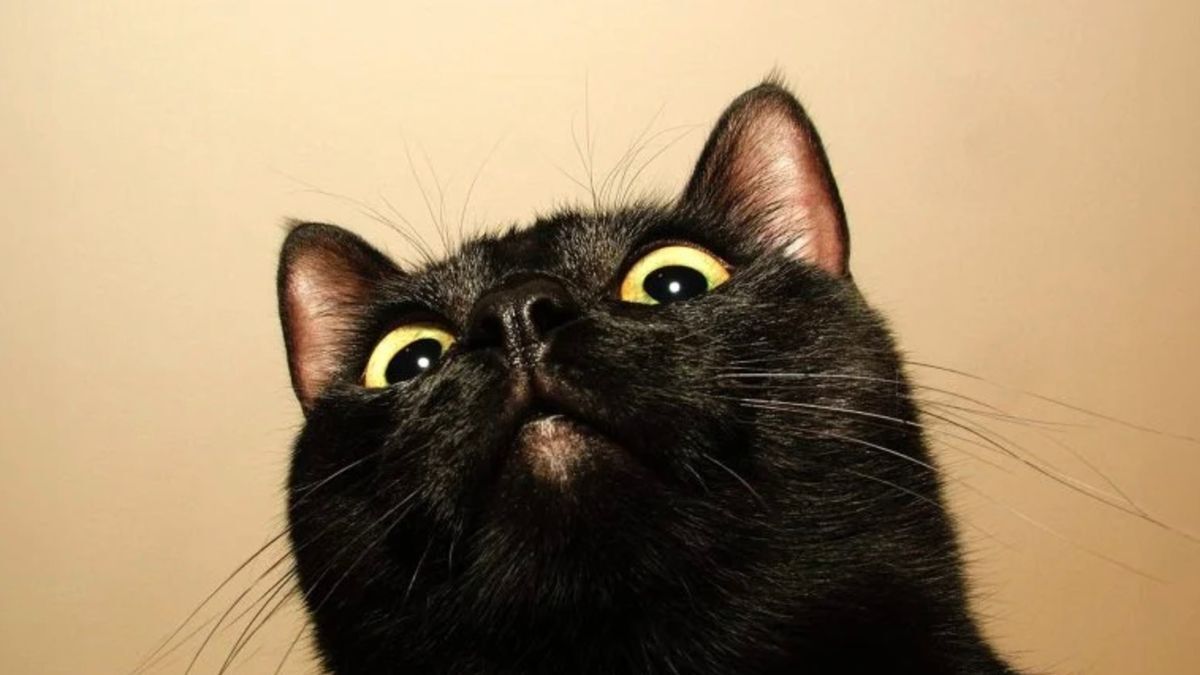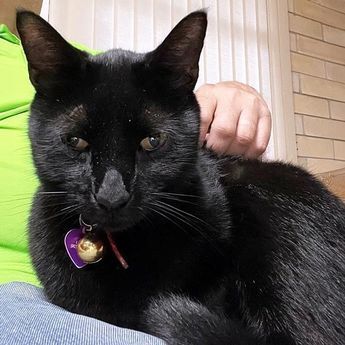
A curious cat’s encounter with a mouse has led to an intriguing viral discovery in Florida, sparking debates among local scientists about the potential for human infection. The newfound virus, dubbed ‘Gainesville rodent jeilongvirus one,’ is a member of the jeilongvirus family and has been previously identified in various regions across Africa, Asia, Europe, and South America.
This marks the first recorded instance of the virus on the American continent, as detailed in a recent study published in the journal Pathogens. The virus was unearthed by John Lednicky, a research professor at the University of Florida’s College of Public Health and Health Professions, when his feline companion, Pepper, presented him with a dead mouse.
Distinct from its viral cousins, this particular jeilongvirus could potentially make the leap to humans, raising concerns due to its significant genetic differences from other known jeilongviruses.
Fears mpox could trigger another pandemic as global health emergency declared
Heres what to know about the deadly mosquito disease Eastern equine encephalitis (EEE)
“We were not anticipating a virus of this sort, and the discovery reflects the realisation that many viruses that we don’t know about circulate in animals that live in close proximity to humans. And indeed, were we to look, many more would be discovered,” remarked co-author Emily DeRuyter, highlighting the unexpected nature of the find.
Jeilongviruses are part of the Paramyxoviridae family, notorious for containing viruses responsible for human afflictions such as measles and mumps, reports the Daily Star.
Initially, Mr. Lednicky’s interest was piqued by the possibility that the mouse, a victim of his cat’s hunting prowess, might carry mule deerpoxa disease causing crusty skin lesions and eye inflammation in deer. However, instead of deerpox, his tests revealed the presence of a novel jeilongvirus.
According to the researchers, Gainesville rodent jeilongvirus one seems to infect cells from several different species, raising concerns about the potential for the virus to jump from animals to humans.
Mr Lednicky suggested that the virus could be a “great candidate for a spillover event.”
While there are no confirmed cases of jeilongviruses causing diseases in humans, similar viruses have been deadly. These include the Nipahvirus, which is transmitted from bats to humans.
However, human contact with species infected by jeilongviruses is rare.
“Humans can develop severe to fatal illness if they get infected […] but so far, those types of infections remain rare and typically occur only among people who come into contact with rodent waste, often through airborne exposure to rodent urine or fecal material,” DeRuyter explained.
The researchers aim to further explore the potential of Gainesville rodent jeilongvirus one to see if it can infect a wide range of species.
Fortunately, Pepper, the cat, is not affected by the virus.
“Cats, in general, evolved to eat rodents, and are not sickened by the viruses carried by rodents, but we have to do tests to see whether the virus affects pets, and humans,” Mr Lednicky added.
DAILY NEWSLETTER: Sign up here to get the latest news and updates from the Mirror US straight to your inbox with our FREE newsletter.







